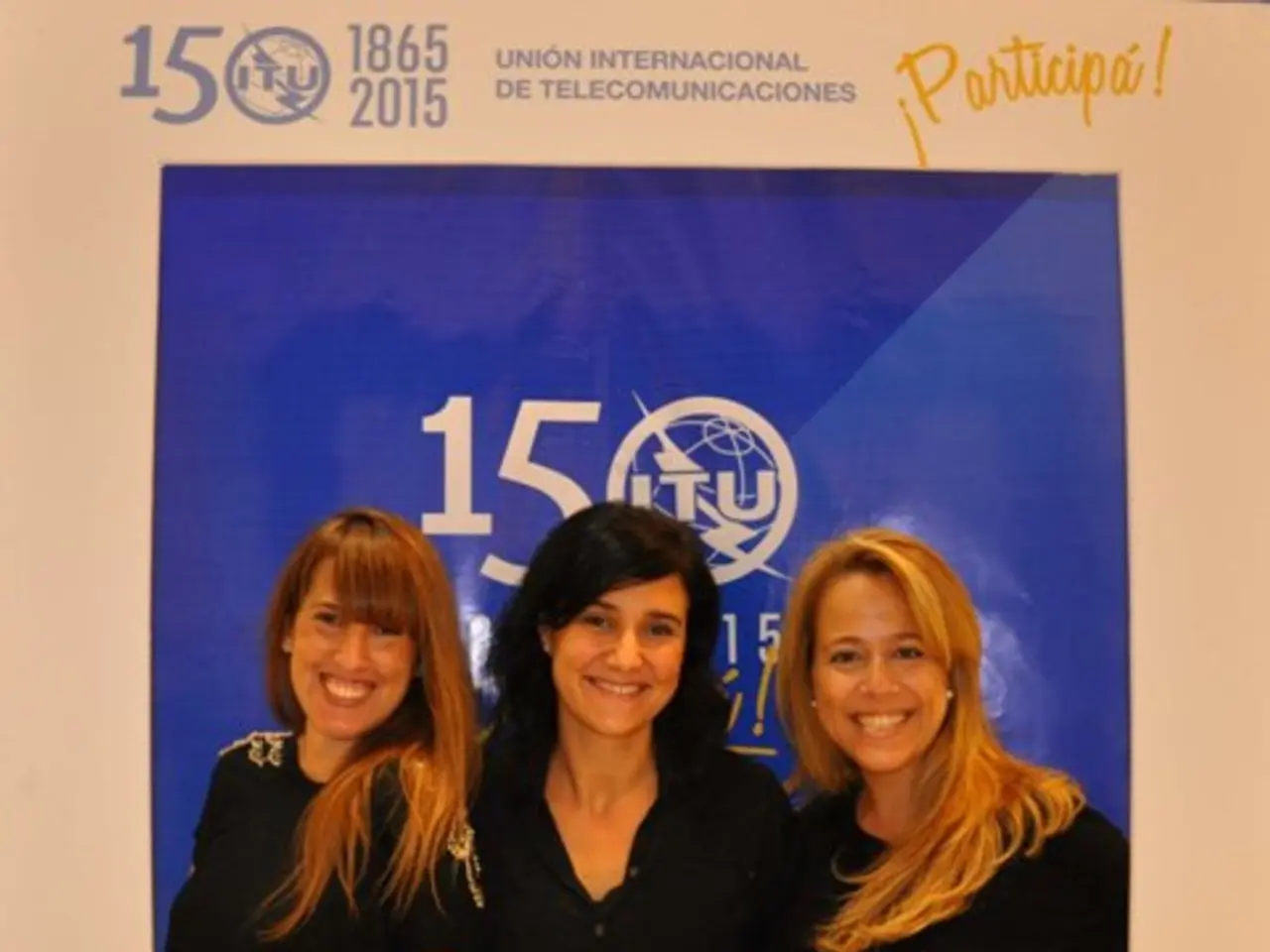Gathering of Experts Focused on Wealth Disparity Held at Lender Center, New York
Syracuse University recently played host to a thought-provoking event aimed at tackling the persistent issue of wealth inequality in America. The Lender Center for Social Justice's gathering, supported by MetLife Foundation, brought together Syracuse University faculty, national thought leaders, and community members to discuss and explore innovative solutions.
Kendall Phillips, director of the Lender Center and professor of communication and rhetorical studies, emphasised the importance of considering multiple perspectives and various systems that provide access to resources. The event's focus was on coalition-based advocacy, systemic change, and the direct provision of legal and financial services to vulnerable residents.
Pablo Mitnik, assistant research scientist at the University of Michigan’s Center for Inequality Dynamics, chaired the panel on "Corporate Systems." The discussions centred around addressing systemic economic injustice through bold, structural reforms and community-centered solutions. Key concepts included shifting from scarcity mindsets to liberation by moving financial resources intentionally to communities most impacted by wealth inequality; investing not just in emergency relief but in building lasting abundance; empowering local, community-rooted organizations to control resources and assets like buildings; reforming procurement to favour those closest to problems and solutions; and creating economic conditions that support healing, fair pay, and ownership rather than just short-term outputs.
The racial wealth gap's persistent effects, rooted in historical and ongoing structural racism such as redlining and discriminatory financial practices that exclude Black and other marginalised communities from generational wealth accumulation, were highlighted. Innovative approaches like guaranteed income programs for underserved workers were showcased as ways to offer economic security and opportunities for wealth building beyond traditional employment structures.
The event series has previously been held in Atlanta, Los Angeles, Syracuse, and Washington, D.C. Participants included Marcelle Haddix, Pablo Mitnik, dt ogilvie, Gregory Price, Blane Ruschak, and Thomas M. Shapiro, among others. Erasmo Giamboda, professor of finance in the Martin J. Whitman School of Management, and Karac Aral, associate professor of supply chain management in the Whitman School, were also in attendance.
The gathering involved the sharing of resources and building the knowledge base about the root causes of the wealth gap. LaVerne Gray, assistant professor in the School of Information Studies, had a conversation with Gregory Price, JP Morgan Chase professor of minority and emerging business, and a Lender Center advisor. Seyeon Lee, former Lender Center Faculty Fellow, spoke about how applying a design perspective to buildings and community spaces can impact social equity and access for individuals.
Arielle Newman, assistant professor of entrepreneurship at the Whitman School, joined postdoctoral research fellows Mauricio Mercados and J Coley, and Blane Ruschak at the event. Lynn Brann, chair of the nutrition and food studies and exercise science program, and Rachel Razza, associate dean of human dynamics, also participated in the panel. Kira Reed from the Whitman School, Seyeon Lee from VPA, Brice Nordquist from the College of Arts and Sciences, and Rochelle Royster from VPA were also part of the discussion.
The event was the latest in a series of talks, symposia, and convenings organized by the Lender Center over the past three years. Abigail Tick '22, one of the Lender Center's first student fellows, was also present at the event. She is now a grant writer for the Open Space Institute in Brooklyn. Jonnell Robinson, associate professor of geography and the environment in the Maxwell School, was one of the first Lender Center Faculty Fellows.
The initiative is supported by a $2.7 million grant from MetLife Foundation. The focus was on coalition-based advocacy and systemic change, providing direct legal and financial services to vulnerable residents while also pushing for policy reforms that promote economic justice and racial equity. This combination of grassroots engagement, policy innovation, and resource redistribution aims to create lasting transformation in wealth outcomes and social justice.
Building upon the focus on coalition-based advocacy and systemic change, Kendall Phillips and Erasmo Giamboda, both at Syracuse University, emphasized the importance of considering wealth-management strategies as part of the solution. For instance, empowering community-rooted organizations with access to financial resources could foster generational wealth accumulation among marginalized communities, thereby reducing the racial wealth gap. By incorporating wealth-management into community-centered solutions, the long-term goal would be to build lasting abundance and economic security for vulnerable residents. Moreover, the discussions underlined the need to shift from traditional scarcity mindsets to a focus on empowering local organizations to control assets like buildings and implement reforms in procurement practices to favour those closest to problems and solutions, ultimately fostering a more equitable and just society.




